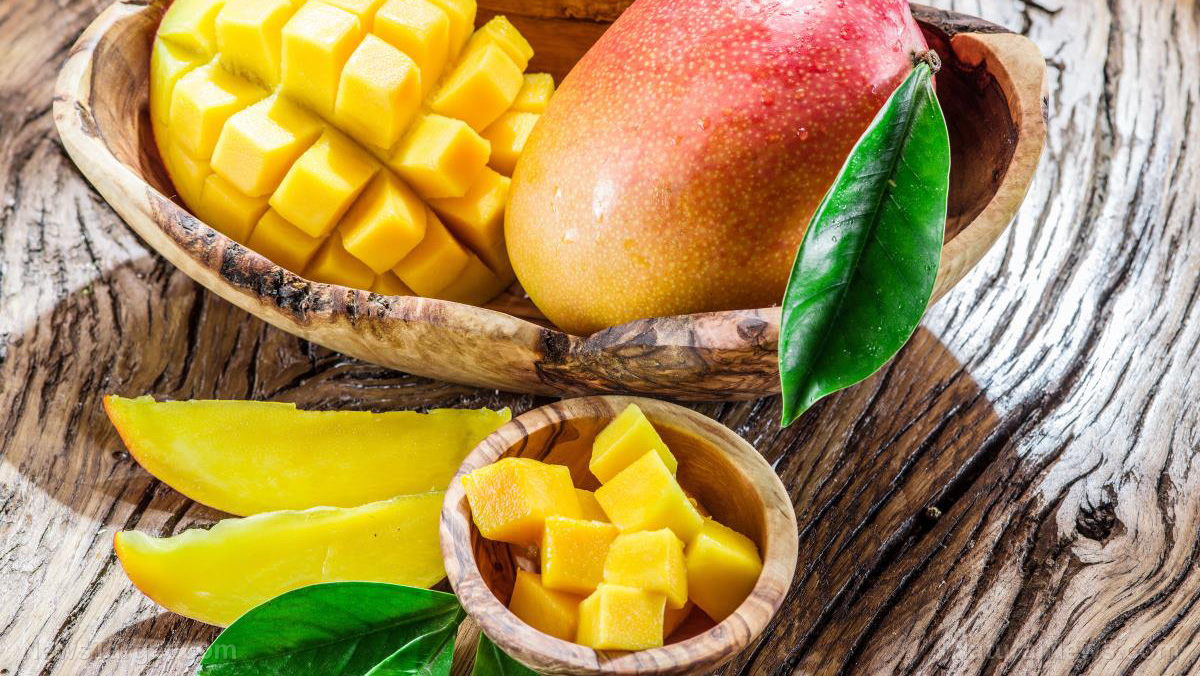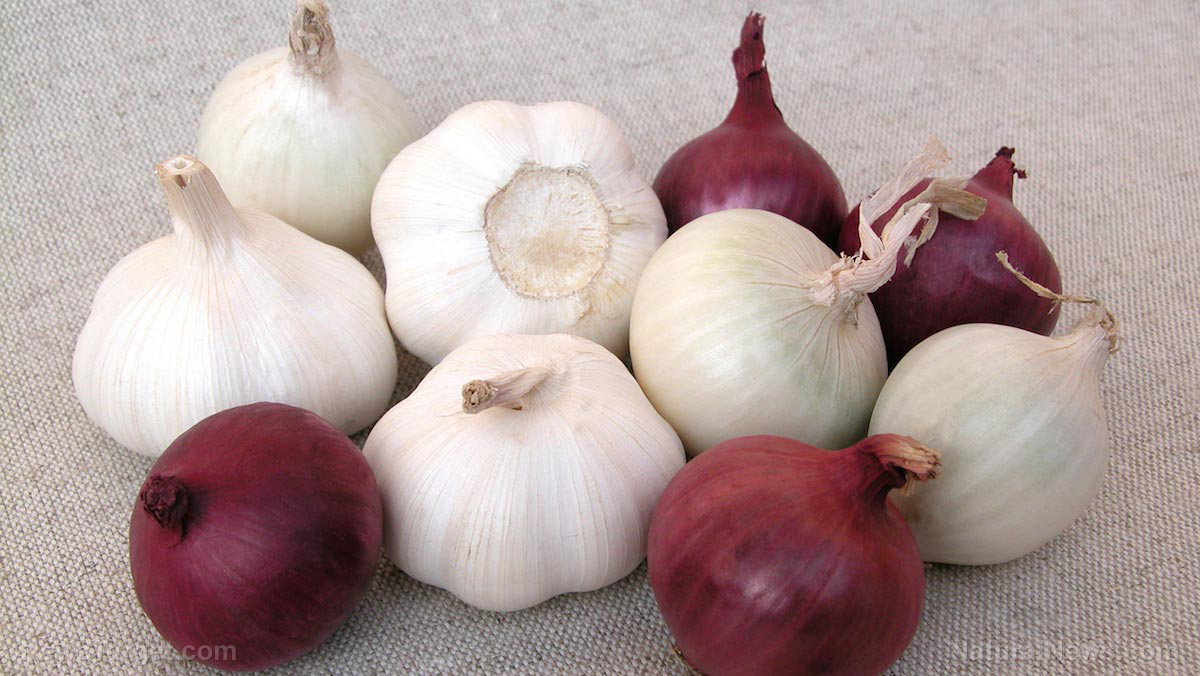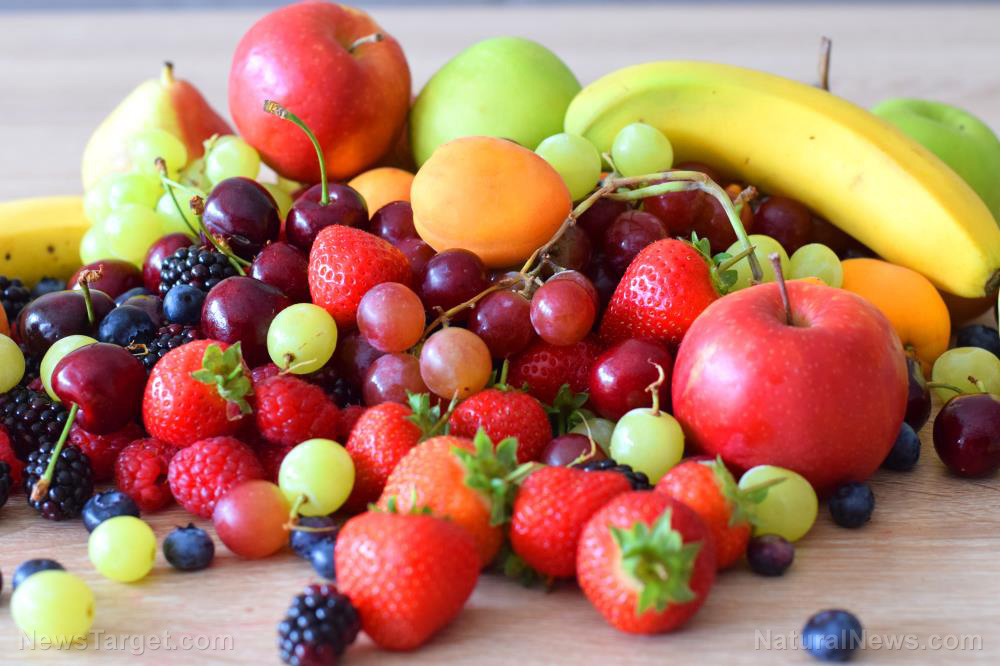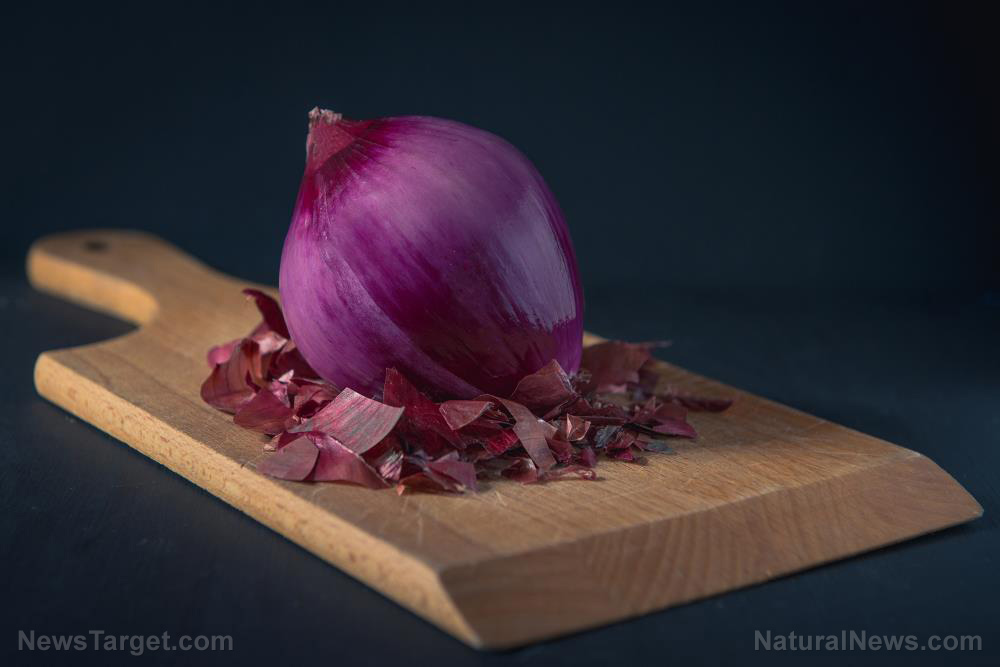Mangoes have a positive effect on moderating high blood pressure, study finds
02/12/2019 / By Ellaine Castillo

The sweet and delicious taste of mangoes is appealing to many people. In fact, they are considered the most widely consumed fruit in the entire world. However, there’s so much more to mangoes than just their taste. They are also known for their many health benefits, which includes improving blood pressure and glucose levels. This makes mangoes a great treat for patients with hypertension or diabetes.
A recent study by researchers from the University of California, Davis confirmed that eating mangoes can lower blood pressure naturally. They arrived at this conclusion by performing a study with postmenopausal women who were asked to consume two servings of honey mango (330 g) per day for 14 days. This specific kind of mango was used since it contains large amounts of polyphenols. To determine the effects of eating mangoes on the participants, the scientists regularly measured blood pressure and heart rate. They also conducted a breath measurement and collected blood samples. After 14 days, the women went back to their normal diet but cut off mangoes for 13 days.
The results of the study showed that eating two servings of mangoes can bring about significant improvements in systolic blood pressure. The researchers also found that the fruit helps relax blood vessels within just two hours of eating it. In addition, the participants exhibited improvements in their levels of breath methane, which serves as an indicator of gut fermentation. This suggests that mangoes also contribute to digestive balance and healthy gut microbiome.
These findings build on prior studies regarding the health benefits of mangoes, which can be attributed to their components. The polyphenols in this fruit, such as quercetin, mangiferin, gallic acid, and gallotannins, have been shown to protect the cells and bodily processes.
The effects of mangoes on blood sugar levels
Although mangoes are rich in natural sugars, this doesn’t mean that they’re bad for patients with diabetes or pre-diabetes. In fact, this fruit has been shown to help regulate blood sugar levels.
In a study from the journal Nutrition and Metabolic Insights, researchers found that obese people who ate mangoes experienced significant improvements in fasting blood sugar levels compared to those who didn’t. The results of this study confirmed the findings of a previous study conducted in mice, where mangoes caused improvements in glucose levels. However, unlike the animal study, the obese participants did not exhibit changes in body weight and composition. Only their hip circumference decreased as a result of eating mangoes.
Overall, these studies suggest that patients with diabetes or hypertension should eat more mangoes since these can cause significant improvements in their conditions. (Related: Mangoes might be the ultimate superfood for diabetes: New science finds they control both blood sugar and blood pressure.)
More reasons to eat mangoes
There are many different ways to eat mangoes. You can eat them raw or you can use them to make salsa, jam, smoothies, or popsicles. By adding these to your diet, you can enjoy the following health benefits:
- Enhanced immunity — Mangoes are rich in immune-boosting nutrients like vitamins A and C. One cup of mangoes (165 g) can give you 10 percent of your daily vitamin A needs and nearly 75 percent of the recommended vitamin C intake. Mangoes also contain folate and vitamins K, E, and B that are also beneficial for the immune system.
- Healthy eyes — Lutein and zeaxanthin are antioxidants found in mangoes that are important for maintaining eye health. These nutrients accumulate in the retina, which converts light into brain signals, and blocks excess light that can damage your eyes.
- Lower cancer risk — The polyphenols found in mangoes protect against oxidative stress, which is involved in the pathogenesis of different types of cancer. These compounds can also destroy cancer cells, including colon, lung, prostate, and breast cancer.
If you’d like to read more news stories and studies on foods that regulate high blood pressure, visit FoodCures.news.
Sources include:
Tagged Under: blood sugar, cardiovascular health, diabetes, food as medicine, food cures, Fresh, fruits, heart health, high blood pressure, hypertension, Mangoes, natural remedies, organics


















